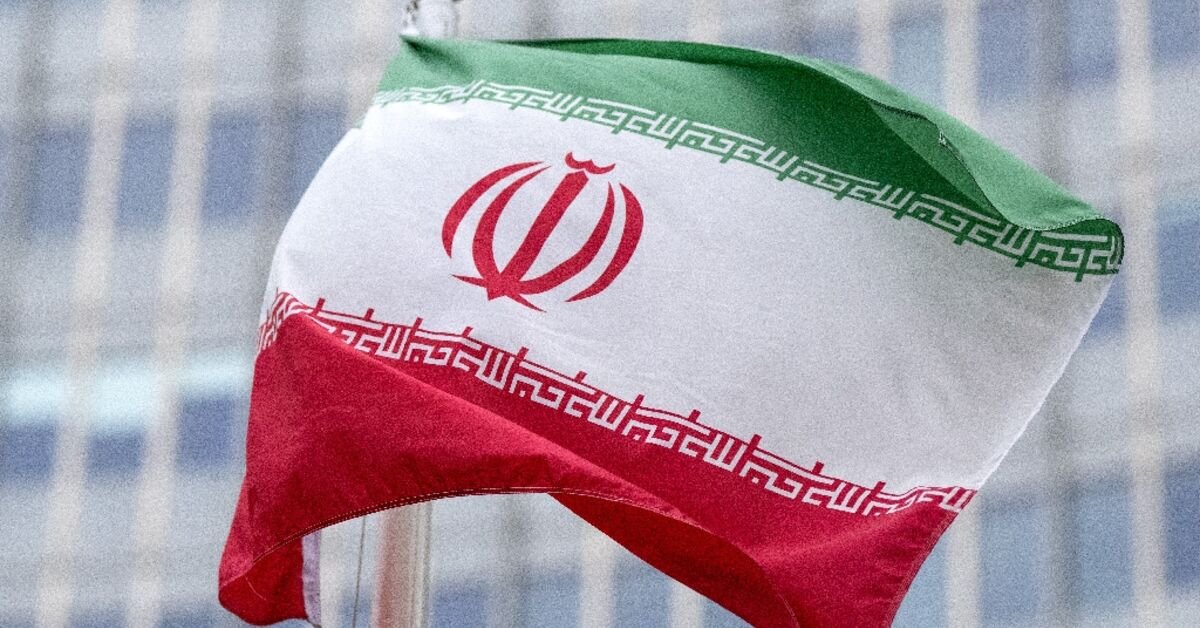European powers and the United States have submitted a resolution censuring Iran for its poor cooperation with the UN nuclear watchdog, diplomats told AFP on Wednesday, as Tehran warned of a “proportionate” response if it passes.
As a board meeting by the International Atomic Energy Agency (IAEA) kicked off in Vienna, diplomats told AFP that Paris, Berlin, London and Washington formally tabled a censure motion critical of Iran.
The resolution is expected to come to a vote on Thursday, the diplomatic sources said.
In a phone conversation with IAEA chief Rafael Grossi, Iran’s foreign minister Abbas Araghchi warned of a “proportionate” response from Tehran if the board passes the resolution, the official IRNA news agency reported.
Araghchi also said the move is “in clear contradiction to the positive atmosphere created in the interactions between Iran and the agency.”
Earlier on Wednesday, Araghchi said he “strongly condemned” the move, adding it “will only complicate the matter further”.
The tabled resolution follows a visit by Grossi to Iran, where he also toured the country’s major enrichment sites in Fordo and Natanz. Iran viewed the trip as positive.
The agency has said that Iran has taken steps towards halting the expansion of its stockpile of highly enriched uranium, according to a confidential report by the International Atomic Energy Agency (IAEA) seen by AFP on Tuesday.
– Tensions –
With the planned censure motion, diplomats aim to raise diplomatic pressure on Iran to come back into compliance and address the IAEA’s long-standing concerns.
According to the final version of the text seen by AFP, Western powers this time ask for a “comprehensive report” to be issued by IAEA head Grossi by spring 2025 “at the latest”.
The report would seek to shed more light on Iran’s nuclear activities, including on Tehran’s cooperation with the agency on uranium traces found at undeclared sites.
According to French Foreign Minister Jean-Noel Barrot, who held talks with his Iranian counterpart, Tehran’s expansion of its nuclear programme is “very worrying and entails major risks of proliferation”.
Tensions between Iran and the agency have repeatedly flared since a 2015 deal to curb Tehran’s nuclear programme in exchange for sanction relief.
The deal fell apart after Donald Trump unilaterally withdrew the United States in 2018 and reimposed heavy sanctions on Iran.
Tehran in response stepped back from its mandates under the deal, increasing its enrichment levels up to 60 percent, close to the 90 percent threshold required to develop a nuclear bomb.
Iran, however, has always denied seeking a nuclear weapon, saying the nuclear developments are for civil and peaceful purposes.
According to the IAEA, Tehran is the only non-nuclear weapon state to enrich uranium to 60 percent.
The agency said on Tuesday that Iran had increased its stockpile of enriched uranium in recent months, which reached more than 32 times the cap set in the 2015 nuclear deal.
The stockpile was estimated at 6,604.4 kilograms as of October 26, up 852.6 kilos from the last quarterly report in August.
Last week, Araghchi told Grossi that Iran was “willing to negotiate” but was not “under pressure and intimidation”.
He also said that if a resolution against Tehran was passed, Iran would “take new measures in our nuclear programme that they will certainly not like.”
The veteran diplomat was Iran’s chief negotiator in talks that led to the 2015 nuclear deal.
